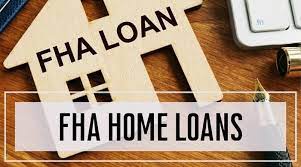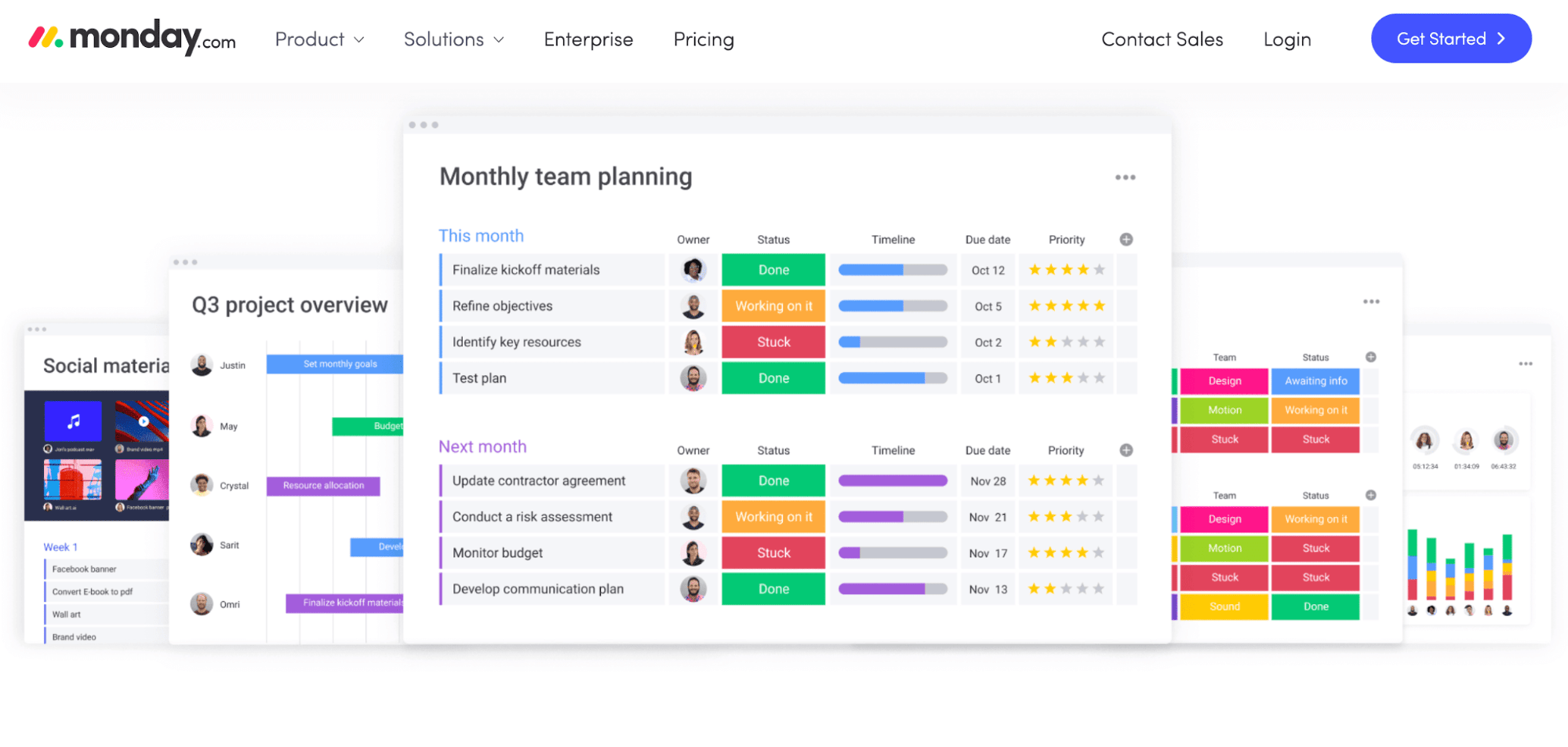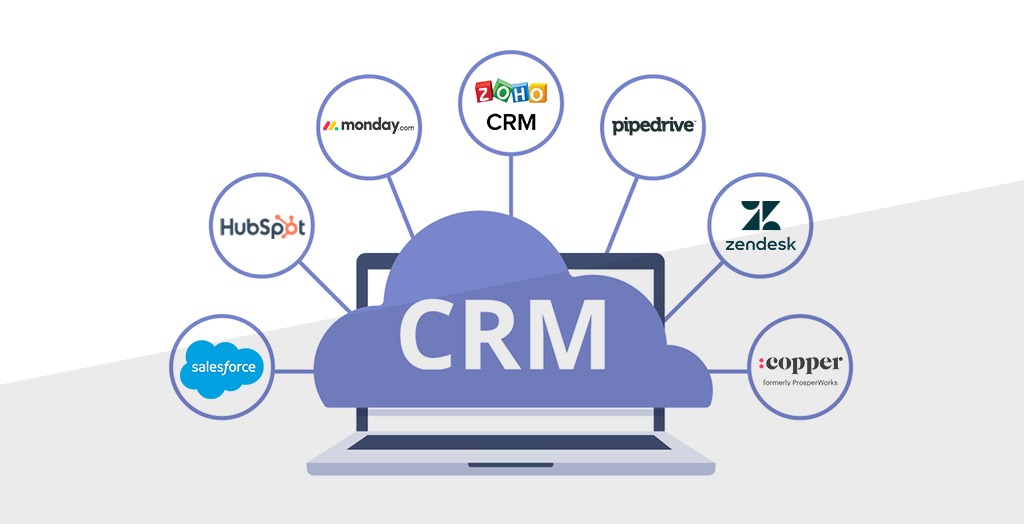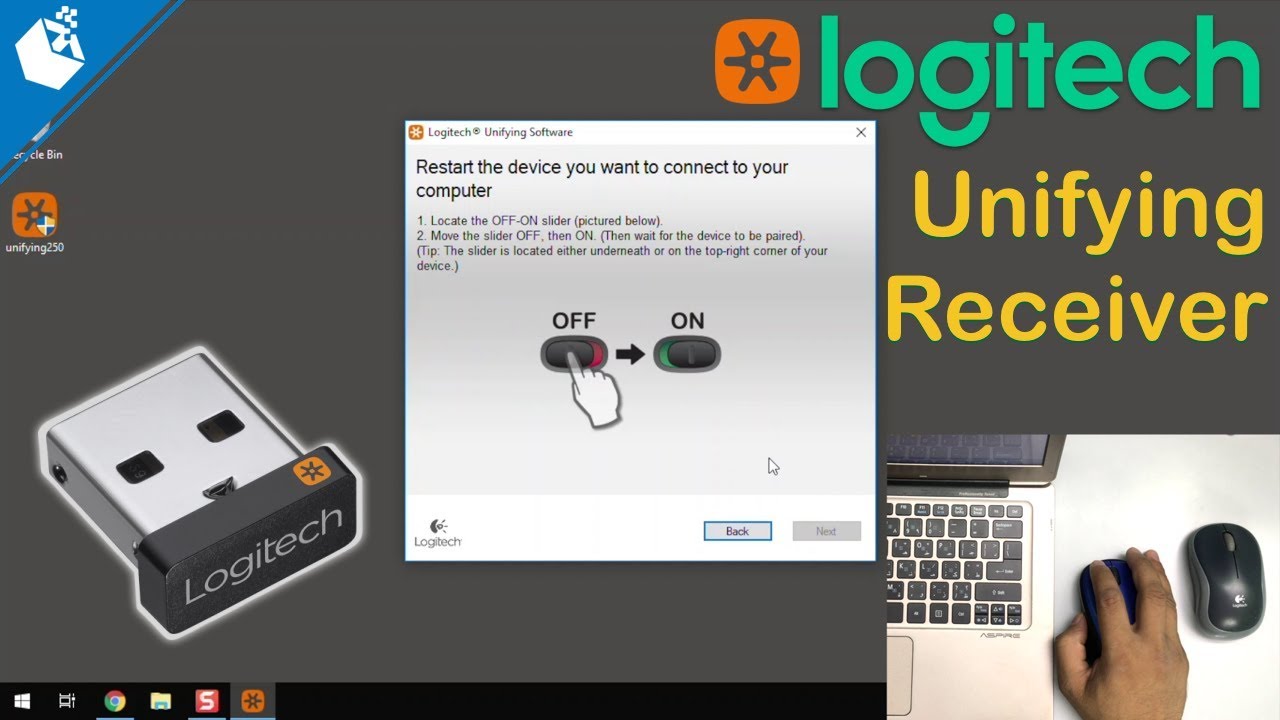Do you want to own a home but need help making ends meet between your savings and the rising cost of housing? Federal Housing Administration (FHA) loans are the only option to consider. For many people and families, these government-backed loans are a lifeline that allows them to fulfil their ambition of owning an inexpensive home. This post will go over the specifics of FHA loans, including what they are, how they work, and how they can be the key to opening doors to homeownership.
Comprehending FHA Loans
FHA loans have provided millions of Americans access to homeownership since their inception in 1934. They are made especially to help those who are low-to-moderate income and first-time homebuyers get a loan with less stringent qualifying conditions and a smaller down payment.
Reduced Requirements for Down Payment
FHA loans provide an enticing alternative to conventional loans, which normally need a down payment of 20% or more, by allowing borrowers to contribute as little as 3.5% of the purchase price. This smaller initial outlay can have a big impact, particularly for people who have been saving hard but need help to save up a sizable down payment.
Adaptable Qualification Standards
FHA loans are available to more consumers due to their more accommodating qualifying requirements than conventional loans. Variables like employment history, debt-to-income ratio, and credit score are considered during the approval procedure. Individuals with a low credit history or less-than-ideal credit scores can now acquire a property thanks to these loans.
Advantages of FHA Credit
FHA loans differ from other mortgage products since they provide several unique advantages. Let’s examine a few of the main advantages in more detail:
Reduced Interest Rates
Getting an FHA loan usually means getting a lower interest rate. Reduced interest rates throughout the loan can result in significant savings for homeowners, lowering monthly mortgage payments and boosting long-term affordability.
Premium for Mortgage Insurance (MIP)
Borrowers who obtain FHA loans must pay a Mortgage Insurance Premium (MIP). Even though it could seem like an extra expense, this is necessary. Notably, unlike private mortgage insurance (PMI) connected with conventional loans, which may remain with borrowers for the loan term, the MIP can be cancelled if a particular level of equity is attained.
Simplified Refinancing Choices
Through the FHA Streamline Refinance program, FHA loans provide simplified refinancing choices. This program lowers paperwork and closing costs by enabling borrowers with current FHA loans to refinance without an appraisal. Refinancing that is simplified may result in interest rate reductions and large long-term savings.
Qualifications
Even though many people can become homeowners thanks to FHA loans, there are requirements for qualifying. To be qualified for an FHA loan, you must meet the following essential requirements:
Credit Rating
Generally speaking, a credit score of at least 580 is needed to qualify for the low down payment benefit, even though FHA lending standards are more flexible than those of conventional loans. If borrowers fall within the 500–579 range on their credit score, they might still be qualified but have to make a larger down payment.
The ratio of Debt to Income
When determining a borrower’s capacity to pay off additional loans and their monthly mortgage, lenders consider the debt-to-income (DTI) ratio. Generally, the DTI ratio for FHA loans shouldn’t be more than 43%. A lower debt-to-income ratio raises the possibility of loan acceptance while demonstrating financial soundness.
Consistent Work and Income
Applicants must provide documentation of a consistent source of income and work history. Lenders typically want documentation of at least two years of employment in the same industry or business.
Benefit From FHA Loans Right Now
Getting an FHA loan is a great method to fulfil your dream of owning a home. With flexible qualifying conditions, smaller down payment requirements, and various incentives, these loans bridge the gap between your funds and reasonable house possibilities.
So why hold off? When the time comes for you to become a homeowner, investigate the options provided by FHA loans. Speak with a lender the FHA has approved to determine if you qualify, review your loan alternatives, and get started on the easy road to house ownership.
> “Invest in your future with an FHA loan – your bridge to affordable homeownership.”










